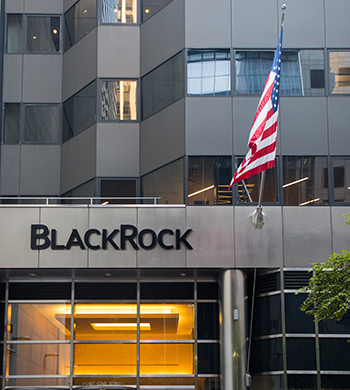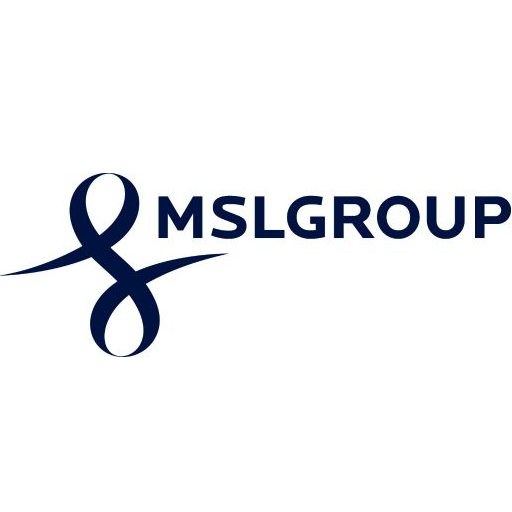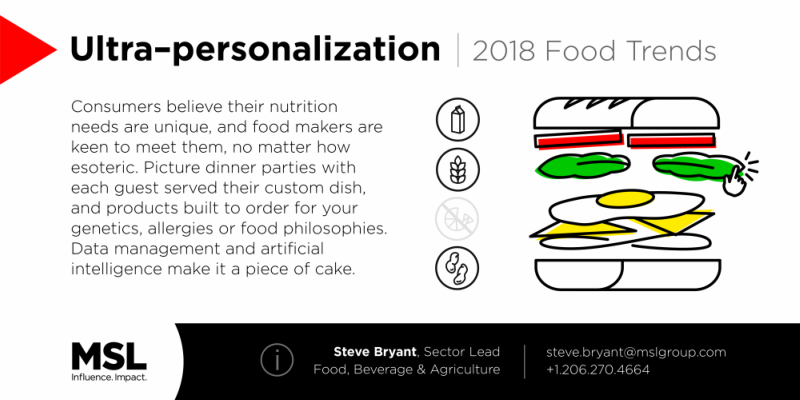MSL 22 Jan 2018 // 2:42PM GMT

In a letter to the country’s leading CEOs, BlackRock CEO Larry Fink put corporations on notice that his $6 trillion institutional investment funds will be looking at more than just profits – they will also be looking for companies that make a positive social impact. Coming from the largest capital allocator in the world, the move is significant.
Companies can no longer avoid the need to identify and articulate a purpose that goes beyond making money. Stakeholders from employees, customers, community leaders and Wall Street expect this of the companies they support.
“Without a sense of purpose, no company, either public or private, can achieve its full potential. It will ultimately lose the license to operate from key stakeholders. It will succumb to short-term pressures to distribute earnings, and, in the process, sacrifice investments in employee development, innovation, and capital expenditures that are necessary for long-term growth,” Fink said in the letter.
Fink’s pledge to integrate environmental, social and governance matters into BlackRock’s investment process will help assure that more companies address these critical long-term issues, but the truth is that the seismic shift away from just profits and toward a bottom line that incorporates social and environmental impact has been happening for some time. The divisive politics of the U.S. and Europe over the last two years has only accelerated this shift.
Consumers and employees are increasingly looking to the private sector to act on political, social and racial issues. A survey of 92 companies by the Public Affairs Council found that 60 percent had experienced rising stakeholder pressure to speak out on social issues such as discrimination, the environment, education and human rights.
As the U.S. government backs away from the Paris climate accord, corporations are stepping up. In less than two years, 43 percent of the 250 largest companies on the Fortune 500 have aligned their corporate responsibility efforts to all or some of the Sustainable Development Goals, a recent study found.
1. The Trust Deficit: Trust in companies, government and media has never been lower, according to the Globescan 2017 Radar Survey, which has measured trust in institutions for 20 years in 20 countries. Corporations that align around purpose to deliver positive social impact will help rebuild trust and protect their license to operate. Those that do not may be punished.
2. The Millennial Wave: By the end of this year, the purpose-driven millennial generation will have more buying power than any other generation. By 2024, millennials will represent 75 percent of the global workforce.
Millennials are especially driven by sustainability and purpose. A Nielsen survey found that 73 percent say they are willing to spend more on a product if it comes from a sustainable brand. Even more – 81 percent - expect their favorite companies to make public declarations of their corporate citizenship.
Millennials are exerting their influence as employees too, expecting the companies they work for to reflect their values, have a positive impact on society and offer volunteer and other opportunities for them to engage.
Academics are reporting a shift to include more study of ethics, values and leadership than ever before and the emergence of a new breed of MBAs.
Millennials, as they progress and rise in the corporate ranks, will apply these same values.
“Something has changed,” said Ed Soule, a professor at the Georgetown McDonough School of Business. “I would be kidding you if I told you there wasn’t a different vibe in the classroom.”
3. The Technology Revolution: An onslaught of new technologies are transforming our lives and communities, but also raising ethical questions. Artificial intelligence, big data, autonomous vehicles, the internet of things, fake news and other advances create new opportunities for good, but also new threats.
Tech companies like Facebook, Uber and Apple have been criticized for failing to think about – and act – purposefully enough. Facebook’s algorithms and targeted advertising, for instance, became harmful to our democracy in the last Presidential election. A lack of ethical leadership and accountability at Uber led to a plethora of bad behavior and business losses. Apple investors recently chided the company for the negative effects cellphone use is having on children.
Tech companies like Facebook, Uber and Apple have been criticized for failing to think about – and act – purposefully enough. Facebook’s algorithms and targeted advertising, for instance, became harmful to our democracy in the last Presidential election. A lack of ethical leadership and accountability at Uber led to a plethora of bad behavior and business losses. Apple investors recently chided the company for the negative effects cellphone use is having on children.
Companies that once viewed social programs as “nice-to-have” now recognize that they must go much further. To be successful, corporations must stand for something. They must align their purpose to their stakeholders’ values and societal needs in ways that make a measurable difference.
The time to act is now. Companies that resist the shift to social purpose or are slow to act will be left behind.
 Sheila McLean is North America Practice Director for Social Purpose and Sustainability at MSL. She has more than twenty years of experience in CSR, sustainability, issues management, media, corporate reputation, advocacy and public affairs.
Sheila McLean is North America Practice Director for Social Purpose and Sustainability at MSL. She has more than twenty years of experience in CSR, sustainability, issues management, media, corporate reputation, advocacy and public affairs.


































.jpg)















